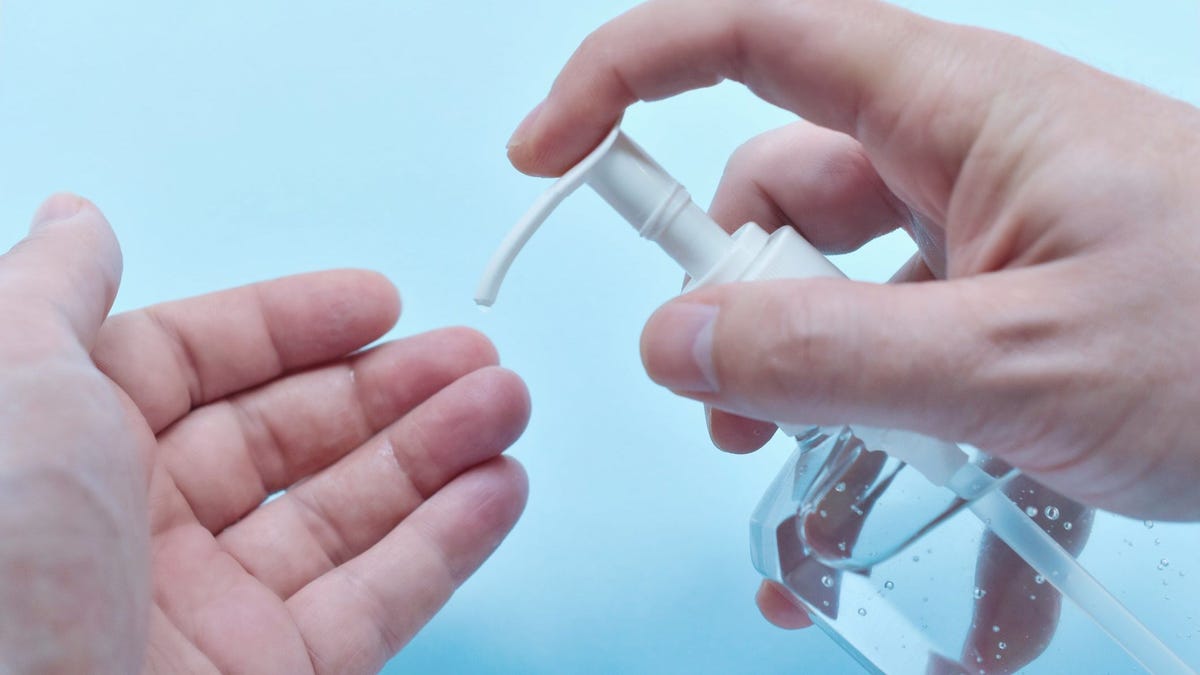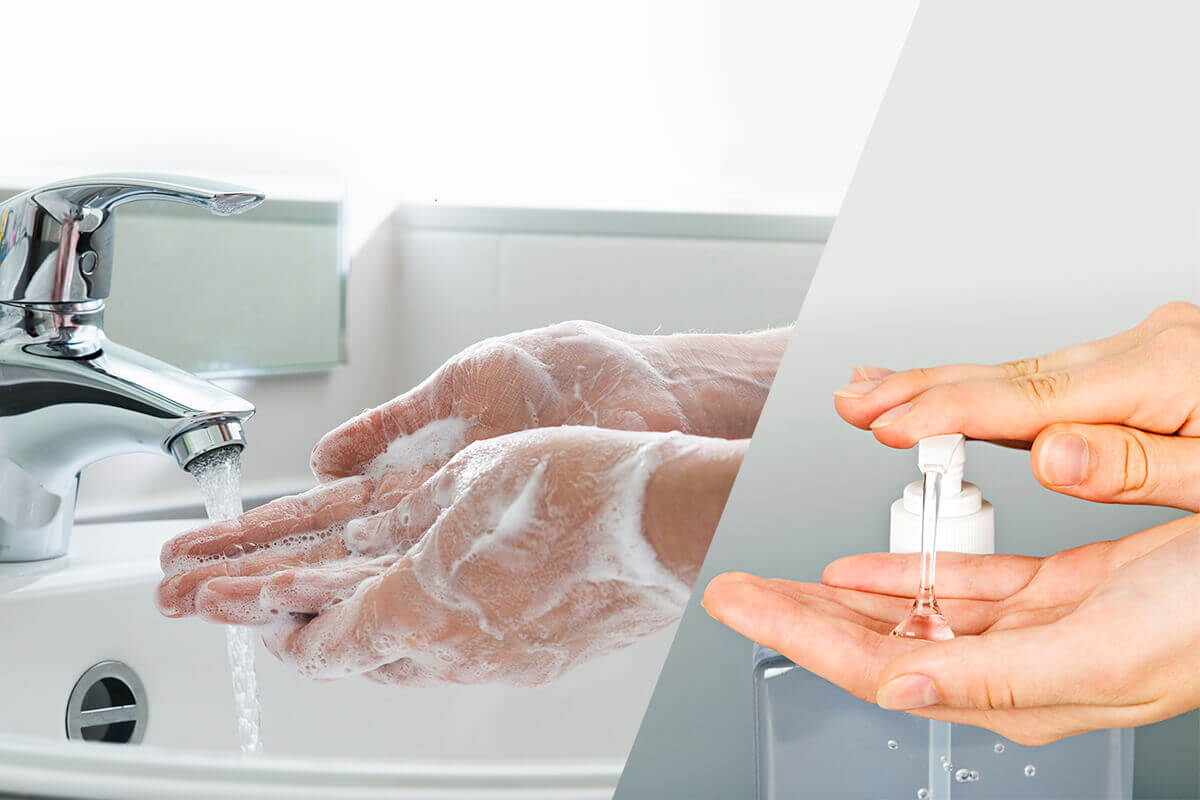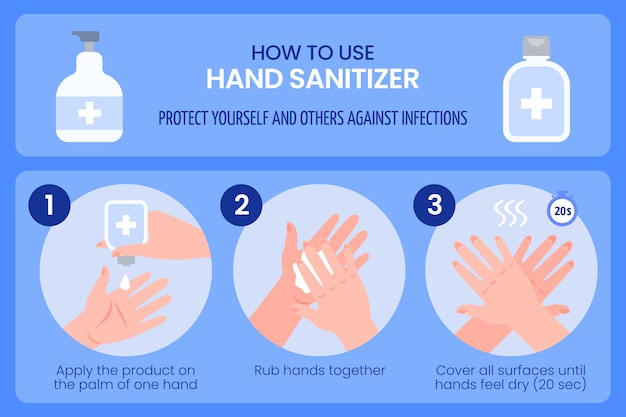
In the recent history of this pandemic, local pharmacies and other stores experienced particular shortages of certain items, one of them being hand sanitizers–but what is it really that we ran out of stock on? Is it necessary to bulk buy them again? If I do need to buy it, how do I know which one is good? As highlighted in these probable questions and to answer them, it is important to understand what hand sanitizers are–what is inside them, what they are used for, how effective they are–and discuss them along with other related hygiene topics and methods, but first, with the basics.
In general, when discussing hand hygiene, hand washing is preferred over hand sanitizers other than in healthcare settings which involves frequent patient contact and disease exposure. In healthcare settings, it may be more effective than hand washing: they are able to prevent the spread of pathogens (like the virus in COVID-19) in the absence of a sink and are generally less irritating than soaps. For hand sanitizers to be effective, the CDC and FDA states they must be more than 60% ethanol or 70% isopropanol (both are types of alcohol). Another substance that is shown to work is benzalkonium chloride, but this is not as effective in inactivating certain bacteria and viruses compared to the alcohols. Hand sanitizers may be temporarily effective, but some pathogens are known to be resistant to these substances. This is why even in the healthcare setting, professionals are encouraged to wash their hands before eating, after using the restroom, or when they cough, sneeze, or blow their nose–they emphasize that hand sanitizer is not a substitute for washing hands in such cases or other cases with sanitization protocols specific to certain medical procedures.

Image Source: Shenandoah University
In comparing soap and hand sanitizer, soap dries out your hands more than a hand sanitizer would, but washing your hands is a more definitive way to keep your hands clean. Hands must be washed for at least 20 seconds, and in that 20 seconds, the soap packages the individual pathogens on your hands and the entire package gets washed away down the sink with the water. Hand sanitizers that contain enough alcohol will inactivate most pathogens that are sitting on your hands and do not get washed away. To properly use hand sanitizers, follow the instructions on the label:
- Apply about a dime-sized amount on one palm with dry hands
- Lather the product all over both your hands and wait until both your hands are completely dry
- When the product is used correctly, it can be effective in inactivating most pathogens. Some pathogens may survive in alcohol, but the virus responsible for COVID-19 is not one of them.

Image Source: Freepik
However, to rid of all the pathogens most effectively, hand washing is recommended. Since alcohol is volatile in that it dries very quickly, it can also dry out your hands. Hand sanitizers often include ingredients to prevent this, but it is important to keep your skin hydrated when using soap and alcohol based sanitizers to prevent cracks in dry skin which can potentially introduce pathogens into your body.
Although hand sanitizers can be a convenient and effective way to prevent the spread of the virus and protect yourself from it, it should not be the only tool you use as a form of hand hygiene– proper handwashing is significantly more effective in cleaning your hands. If you would like to know more about hand sanitizer or hygiene, please refer to the CDC and FDA guidelines and recommendations. When shopping for these items in the future, it may be worth revisiting this information to help you and your community continue to stay safe and healthy.
By Emin Lee
Resources
https://www.cdc.gov/handwashing/show-me-the-science-hand-sanitizer.html
https://www.fda.gov/drugs/information-drug-class/qa-consumers-hand-sanitizers-and-covid-19
https://www.cdc.gov/coronavirus/2019-ncov/hcp/hand-hygiene.html
